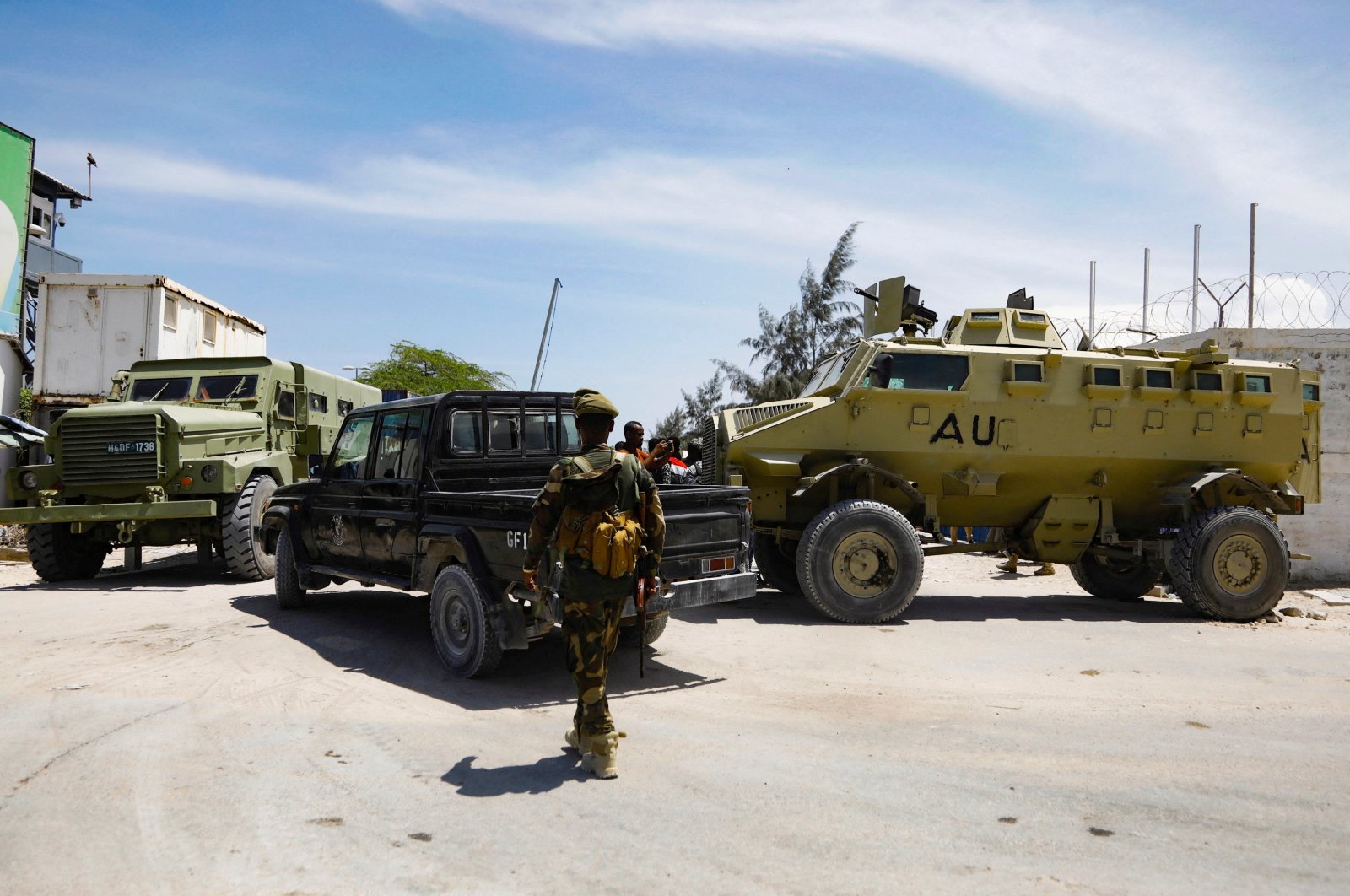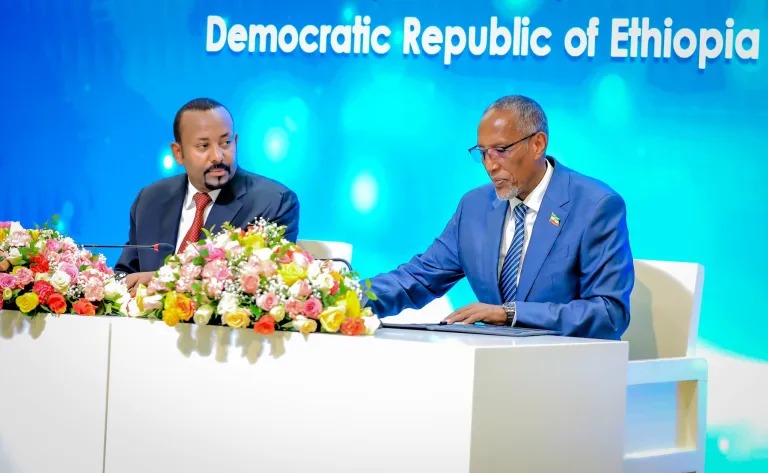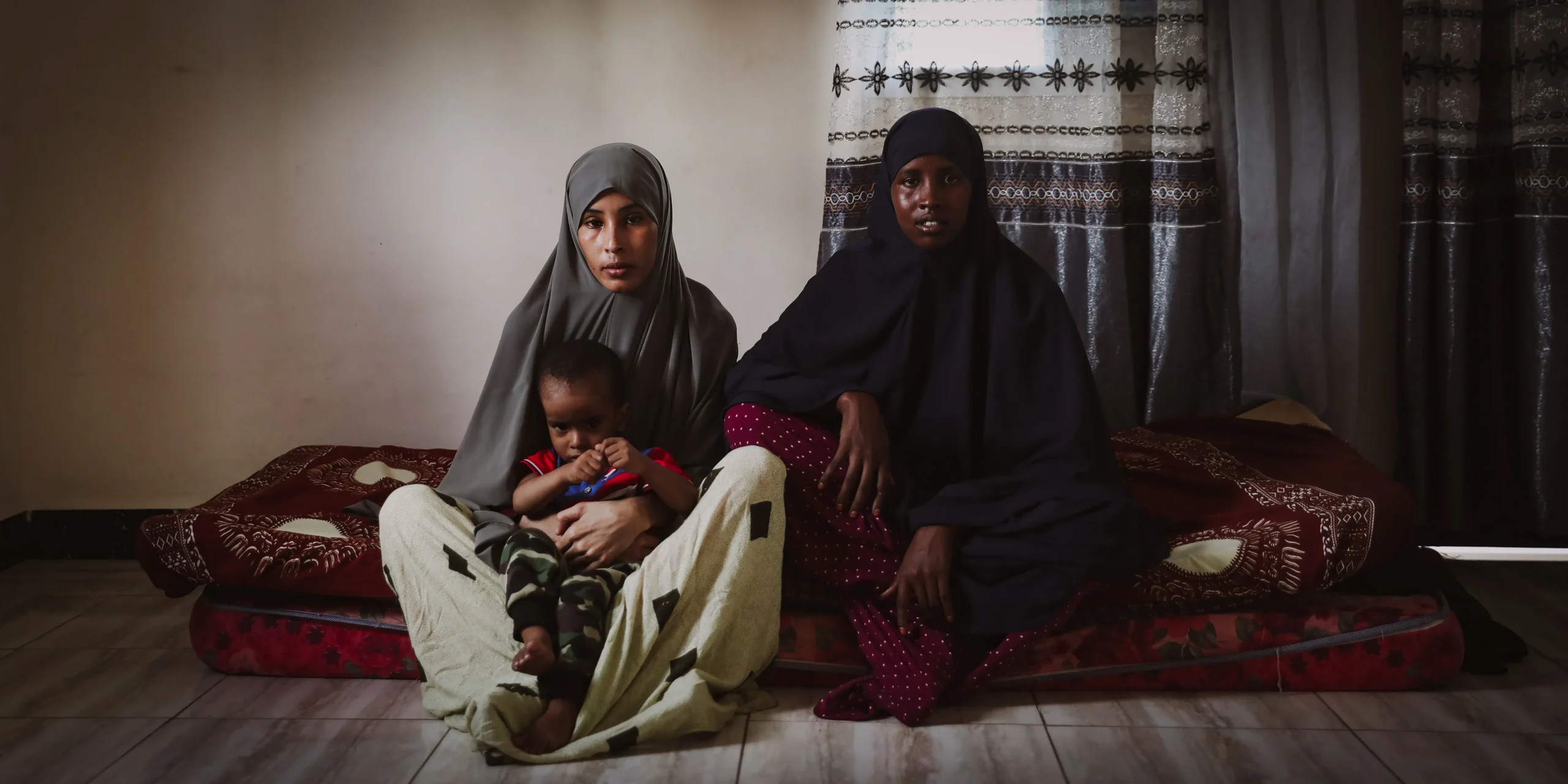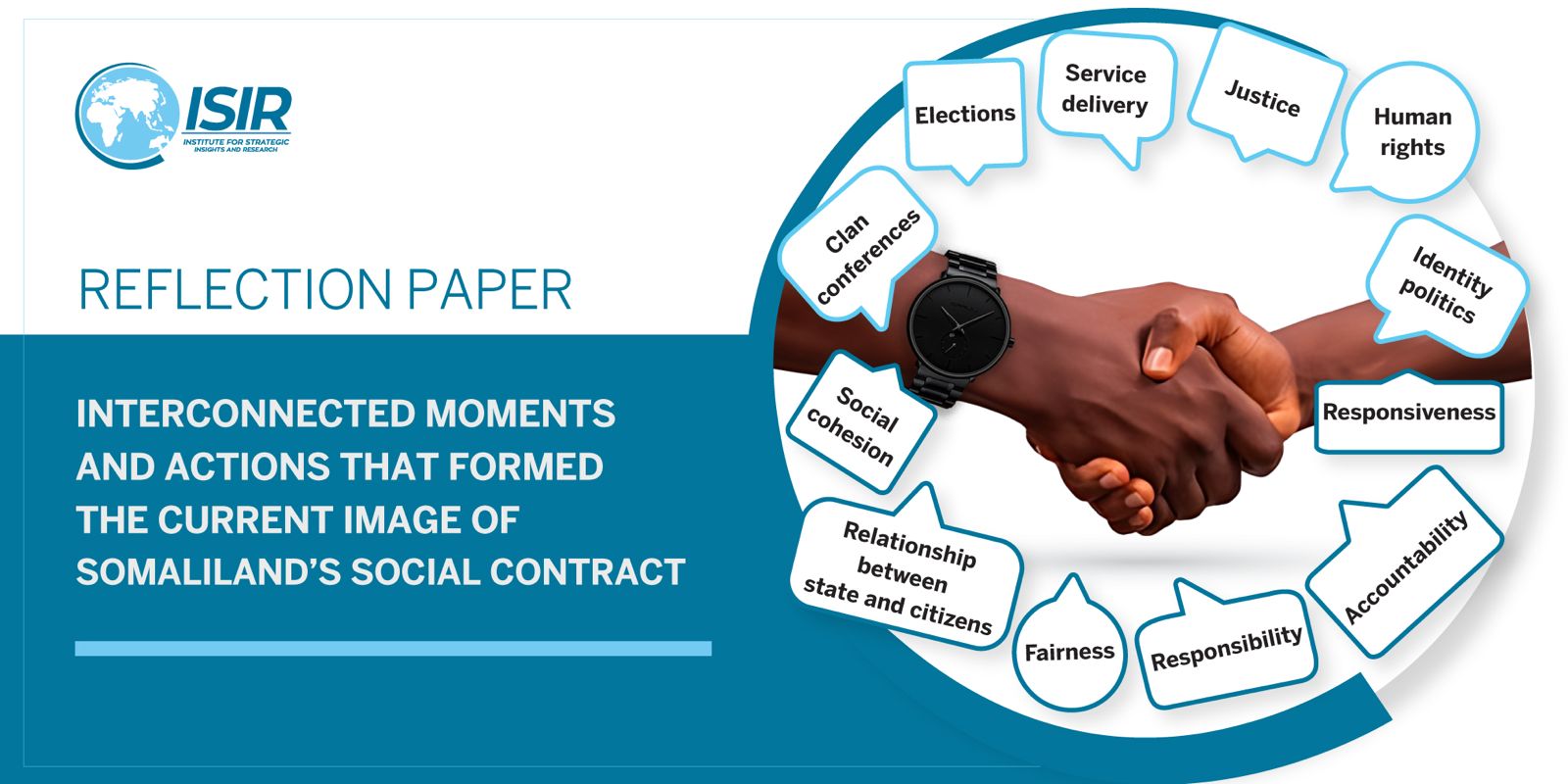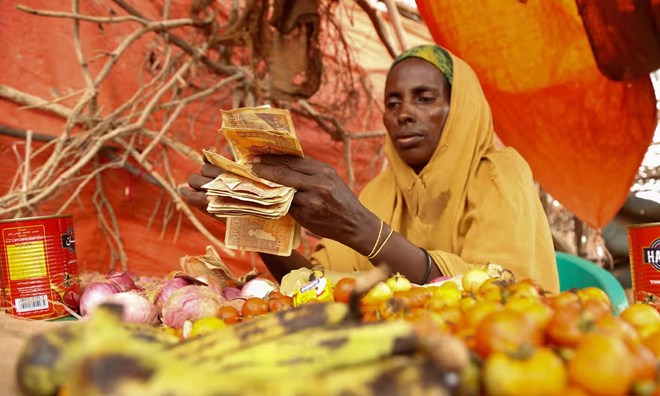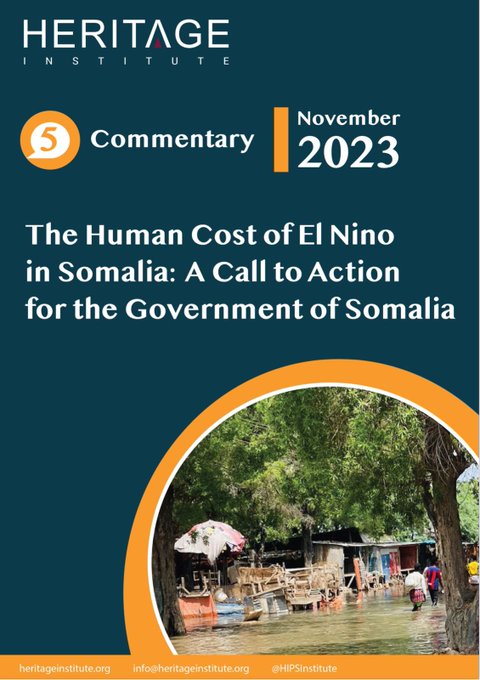After a long-delayed election, Somalia elected a new leadership with a vision of “Soomaali heshiis ah dunidana heshiis la ah,” which translates to “Somalis in agreement within themselves and with the world.” President Hassan Sheikh Mohamud contrasted himself with the Farmaajo administration, which had tense relations with the Federal Member States and the international community. The discussion now should be about the new leadership, their policies, and giving constructive criticism and advice. Nonetheless, Somali media discourse is dominated by building a house for former President Farmaajo. In this piece, I would like to discuss the proposed home of former President Mohamed Abdullahi Farmaajo, its implications, legality, and suggestions.
There have been a lot of clamors surrounding the building of a house for former President Mohamed Abdullahi Farmaajo as gratitude according to his supporters for leading a corruption-free government during his tenure; some of his staunch supporters and former Farmaajo Spokesperson Abdirashid Mohamed Hashi lead the campaign. However, critics see this move as a tactic to cover up millions of dollars stolen from the nation, money laundering, and sabotaging the new government.
Former President Farmaajo manipulated public opinion through social media to portray himself as the only statesman who could save the nation. To achieve his goal, he spent hundreds of thousands of dollars to hire Somali-speaking social media celebrities to speak on his behalf and manipulate the public opinion in his favor. Those individuals never blamed the President for the killing of fifteen Somali citizens in Biodaba during the South West State elections, the attack and killing of presidential candidate Abdirahman Abdi Shakur’s bodyguards, the surrender of ABDIKARIN Qalbi Dhagax to Ethiopia, the sanctions against Jubaland State, Stopping former Presidents from using Aden Ade International Airport, unlawful two-year extension, and the tensions in Mogadishu on February 19, the killing of Ikran Tahlil, and Hon. Amina, to mention a few. Instead, they label anyone criticizing his administration as a traitor and committing espionage. Leaders accept criticism and consider it an opportunity to listen and consider other viewpoints. What are the qualities of leadership?
Anyone can claim leadership, and having leadership titles is the norm nowadays among Somalis—the titles Ugaas, Sultan, Malaq, intellectual (Aqoon yahan) Doctor, among others. However, true leaders do not need a title but lead by example. True leaders communicate their intentions to their audience directly but do not hire substitute speakers. True leaders care about others more than they care about themselves. Moreover, real leaders have a vision for their followers and inspire them to achieve their vision with or without their leadership. They are described as charismatic persons who are authentic with altruistic qualities. Based on these modest leadership qualities, the former President must at least divert the money to serve the public good or intervene to stop the collection of those Housing Building contributions. Former Villa Somalia spokesperson confirmed in an interview with VOA that former President Farmaajo is aware of the initiative and welcomed the move. Since the former President is coordinating the efforts behind the scenes, he must be responsible for any wrongdoings and cover-ups.
The former President is not poor to the degree that compels him to accept contributions (Qaaraan) collected from individuals overseas and other needy people who donate with good intentions to build a house for him. This is an insult to the nation, according to former Speaker of the House Mohamed Osman Jawaari. The former President is entitled to a base salary, security services, and travel expenses which amount to $33,000 each month for the remainder of his life, as well as an honorary permanent member of Parliament. As a former President, he does not have to worry about a house or basic needs. Nevertheless, there are millions of Somali children who are starving to death every day. They deserve humanitarian assistance and support actions that mitigate drought effects.
If the intentions of the individuals involved in collecting these funds are genuine and sincere, they must be diverted for humanitarian needs as the country is undergoing a severe drought in honor of the former President. They can also utilize the funds to build a public library, a school, add a faculty to the national university, or anything else in the public interest that benefits many generations and will make his name remembered forever. It’s a moral obligation upon the former President and those in charge of collecting the funds to be transparent and come clean about their actions, intentions, and the sources of these funds and spending. They have a fiduciary responsibility to the nation and donors.
In most developed countries, specific rules and regulations govern when raising donations from individuals. It’s incumbent upon the office of the Attorney General and other state agencies to verify the amount of money raised, their sources, and how they are spent. There are rumors and beliefs that money laundering is in action. The popular Kalamaan show of Radio Kulmiye reported that a woman in Sweden was given $10,000.00 to deposit to the House Building Project account. She deposited $5,000 and kept the remaining. When asked to deposit the remainder, she threatened that she would go live on social media and expose the trick. I believe the story because of a similar story that happened before Farmaajo became a president. A friend of mine whom I trust narrated to me that when the former President was campaigning, he visited Ohio State for fundraising.
A man was traveling with Farmaajo and spent the entire day with the former President at his hotel. However, when the President gave the speech to the attendees, he mentioned someone he did not know who had heard about our campaign and would like to contribute $10,000 to our cause. The house project funding collection is similar to the same story.
The international community also has an obligation to watch and track all money laundering activities happening in the country and abroad. They must take decisive action to punish local banks that accommodate that kind of illegal activities to take place. The international community can also act against individuals living in the West who are taking part in all money laundering cases, including this initiative.
To the Somali citizens who love their country, rebuilding your country is a noble cause. You have been doing this for a long time, and keep doing it.
Participate in projects that benefit the public good such as building schools, roads, and libraries, mitigating drought and conflict effects, youth and woman empowerment, and helping your needy relatives, among others. Don’t be the one who gives lunch to the one who has a breakfast (As the Somali saying says); instead, provide lunch to the one who missed breakfast.
Abdirizak M. Diis, MA in political Science
Email: ibnmursal49@gmail.com
The Author is an academic based in Minneapolis
Categories: Opinion








